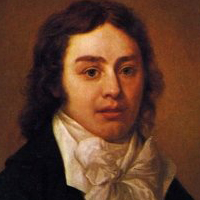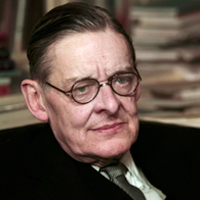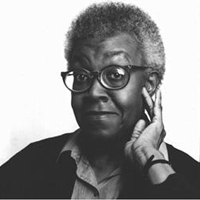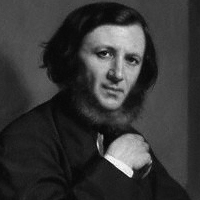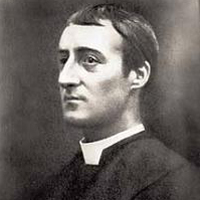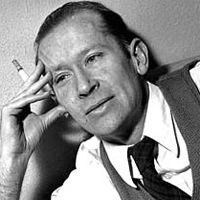Kubla Khan by Samuel Taylor Coleridge: Summary and Analysis
Kubla Khan was written in 1798 but not published until 1816. It was then issued in a pamphlet containing Christabel and The Pains of Sleep. It is one of those three poems which have made Coleridge, one of the greatest poets of England, the other two being The Rime of the Ancient Mariner and Christabel.
